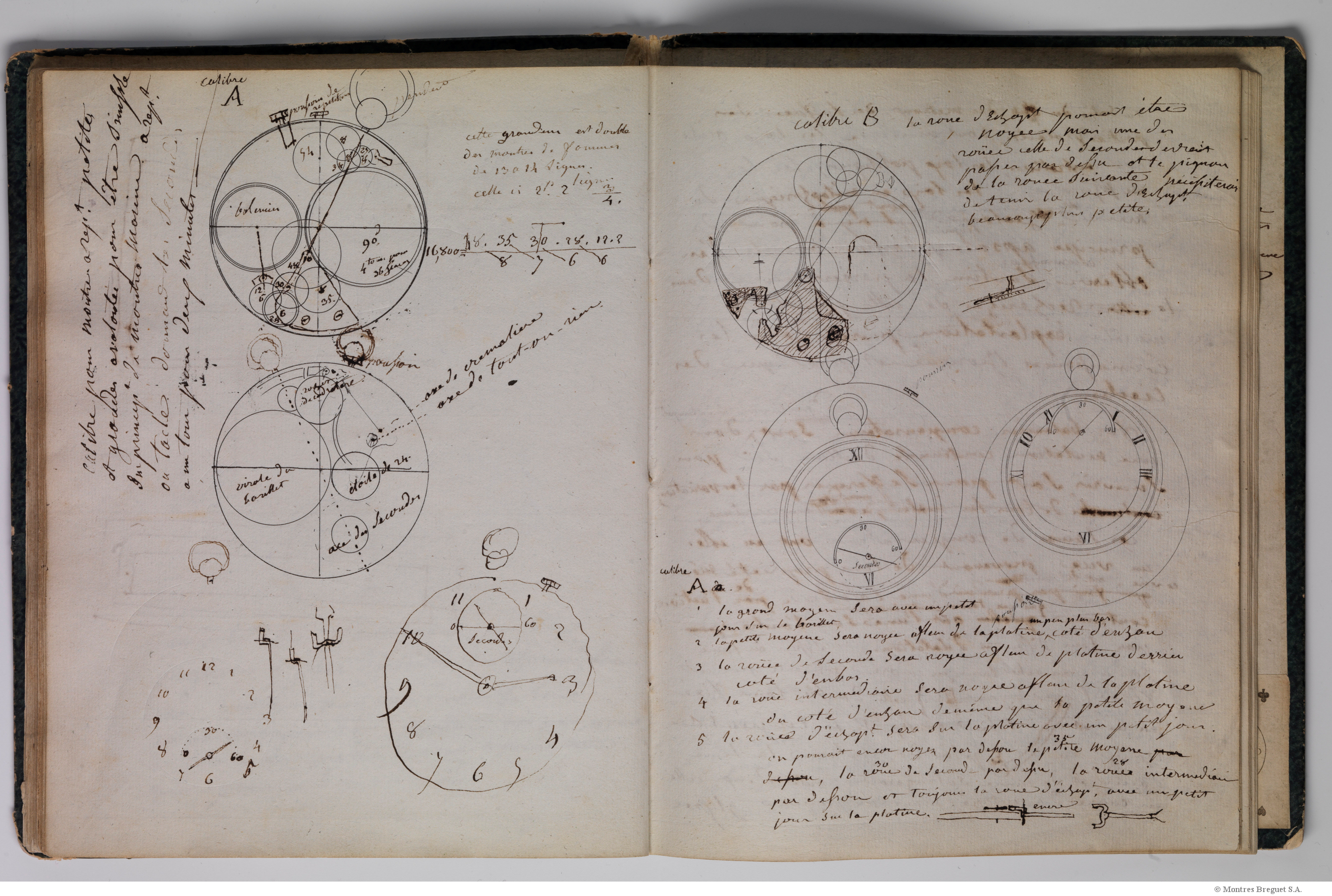
EDITORIAL :: NEW SERIES ANNOUNCEMENT: "FIELD NOTES"
 “None of us can ever retrieve that innocence before all theory when art knew no need to justify itself, when one did not ask of a work of art what it said because one knew (or thought one knew) what it did.
“None of us can ever retrieve that innocence before all theory when art knew no need to justify itself, when one did not ask of a work of art what it said because one knew (or thought one knew) what it did.
From now to the end of consciousness, we are stuck with the task of defending art. We can only quarrel with one or another means of defense.”
– Susan Sontag, Against Interpretation
“…writing can’t be a way of life – the important part of writing is living. You have to live in such a way that your writing emerges from it.” ― Doris Lessing
The discipline-eschewing-ethnographer-better-known-as-poet is excited. Fieldnotes, fieldnotes! Oh dear. There’s so much to say, so much to share, so many people who’ve said it better than I’m going to be able to!…
There is a flurry, and within two minutes Bourdieu’s “Outline of a Theory of Practice,” and “Sketch for a Self-Analysis,” as well as Clifford Geertz “Works and Lives : The Anthropologist as Author” are on the desk. Where is Sontag’s “Against Interpretation“? Ooh, the marvelous internet. The titular essay in its entirety is available here {bookmark!}
…oh, but whatever will I do with these? I’ve already hit you over the head with those quotes at the top… rewind! No one need dive quite so deep unless one wishes to, alas (She calms the raring academic impulse and puts it down for a nap).
Let’s start at the very beginning (a very good place to start):
fieldnotes (in ethnography) are defined as
accounts describing experiences and observations the researcher has made while participating in an intense and involved manner.
As primary source material for ontological “truth,” one is hard pressed to not consider the complications of this practice: the relationship between fieldnotes and memory; the conscious or unconscious biases of the observer; the relationship between the personal, emotional realm of fieldnotes and the deductive work that follows… and so on.
But what of the artist, the writer, the creator… and what of the notebooks that we carry  around, as we traverse our field? What of these resoundingly subjectively, emotionally rife repositories of perspective — and their pages, which range from the quickest of notes and sketches to the canvases and lines where masterpieces are born?
around, as we traverse our field? What of these resoundingly subjectively, emotionally rife repositories of perspective — and their pages, which range from the quickest of notes and sketches to the canvases and lines where masterpieces are born?
What Sontag is suggesting, and what I’m circling saying outright here is that, “art,” (meant inclusively in this case) is ultimately the closer to “truth” via its subjectivity, as opposed to despite it. That it is in our propensity towards interpretation and presentation as an act of validation that we simultaneously destroy and overlook our best (and most native) impulses.
Wherefore this series, then, and what does it seek to do?
Well, it’s deceptively simple.
The Operating System’s FIELD NOTES series seeks to expose the innards of its participants. To be a look behind the curtain. To recognize and celebrate process, and not only of work we deem “creative,” but as a life lived and interpreted by those who respond creatively.
Whether you are fishing, teaching, writing copy, or working in a pickle factory, your choice to write or draw or make music or take photos or otherwise document this experience through the lens of mind and eye that is yours and yours alone is what makes you a CREATOR — moreso than the finished projects that we are already familiar with.
Interviews, too, understandably frame the creator in whatsoever mode is appropriate and desired for the purpose of the piece, the publication, and whatever announcement or so forth it corresponds with — creating the type of Apparent Artist, capital A’s, that brought a writer like Borges to feel so alienated from his public self.
In FIELD NOTES we invite creators to invite us into their private lives, their notebooks, their days — in whatever way they wish. To shed light on the first line of experience, and share with us the observation/description of their worlds that transmutes into their creative work. There is a wide berth of freedom for reflexivity, editing and reformatting, as well as for the inclusion of a wide variety of media.
As we will continue to say, The OS is of you and exists FOR you. How can our creative community use this platform to explore our process and learn from ourselves and each other? And, ultimately, what can we learn about the act of making, observing, and maybe even about human experience?
Ask me sometime about the fuzzy line between anthropology and creative documentation, between ethnography and poetry. I’ll be only too glad to delve deeper.
Editorial message from the future: Explore this inspiring series HERE.


